For the love of God (7): Why I love Jean-Luc Marion
A guest-post by Cynthia Nielsen Jean-Luc Marion is one of the major voices in philosophy these days. He is both prolific and well-received by philosophers and theologians. Marion knows the philosophical tradition well. For example, he began his career as an expert of Descartes and has written extensively on Descartes. Although he is a Christian thinker, Marion’s excellent scholarship has won wide acceptance in secular circles.
Jean-Luc Marion is one of the major voices in philosophy these days. He is both prolific and well-received by philosophers and theologians. Marion knows the philosophical tradition well. For example, he began his career as an expert of Descartes and has written extensively on Descartes. Although he is a Christian thinker, Marion’s excellent scholarship has won wide acceptance in secular circles.
In addition to his theological contributions, Marion is a major player in the field of phenomenology. Husserl’s motto (with Kant in mind) was: “to the things themselves.” However, Husserl did not overcome the problems of Kantianism. As Kant himself points out, God sees the world in a way entirely different from the way in which we see it—God sees it all at once (uno intuitu), not discursively as we do. If you accept that, then you must ask whether the world is really the way God sees it or the way we see it.
Husserl addresses this problem, and though he is unable to solve it, he introduces the concept of the “givenness” of phenomena. Marion takes this Husserlian insight and tries to show how “givenness” allows us to escape from the Kantian problem. Marion is thus able to utilize insights from Heidegger and Husserl in order to work toward a solution to the problems raised by Kant.
In addition to his excellent scholarship and intimate familiarity with the tradition, Marion pushes us forward with his distinctively postmodern insights. Inviting us to see things from new and unexpected angles, he often engages in a deconstructing or subverting project. Personally, I find Marion’s desire to introduce a “new subject” among the most intriguing aspects of his project. Instead of the modern, all-controlling and even idolatrous subject, Marion pursues a subject who subjects himself and is thus constituted by the situation.
Nonetheless, Marion, does not want to do away with all modernist assumptions, nor does he desire to return to a pre-critical realism. In Marion, we encounter both an embracing of and a moving beyond modernist assumptions. Combining pre-modern, postmodern and a selective sprinkling of modernist insights, Marion releases the closed-in Kantian subject and gives us a new subject who can be overcome or “bedazzled” and re-constituted as a witness to the Other whom we know as love.


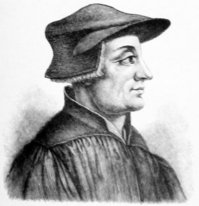
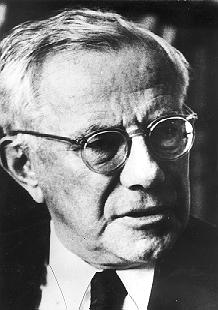

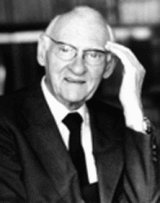 Christian tradition is like a French cathedral: one cannot come directly into its breadth, but must enter through a particular portal. When I encountered
Christian tradition is like a French cathedral: one cannot come directly into its breadth, but must enter through a particular portal. When I encountered  Great theologians are like icons rather than religious paintings: you not only look at God, God looks at you. The theology of
Great theologians are like icons rather than religious paintings: you not only look at God, God looks at you. The theology of  Thanks for all the great suggested titles for this new series. In the end, I decided on
Thanks for all the great suggested titles for this new series. In the end, I decided on  Alister McGrath has just sent me a copy of his latest book,
Alister McGrath has just sent me a copy of his latest book, 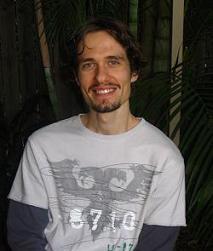
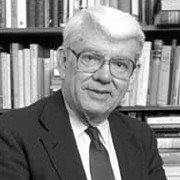 I was deeply saddened
I was deeply saddened  The best new novel I have read in quite some time is the magnificent 560-page work,
The best new novel I have read in quite some time is the magnificent 560-page work,  Of the 95 people who voted in the latest poll, 40% said they liked Hans Urs von Balthasar best, followed by 18% who preferred Hans Küng. Karl Rahner and the Pope were next with 16% each, while Yves Congar followed with 11%.
Of the 95 people who voted in the latest poll, 40% said they liked Hans Urs von Balthasar best, followed by 18% who preferred Hans Küng. Karl Rahner and the Pope were next with 16% each, while Yves Congar followed with 11%. This week on the TV show
This week on the TV show 





